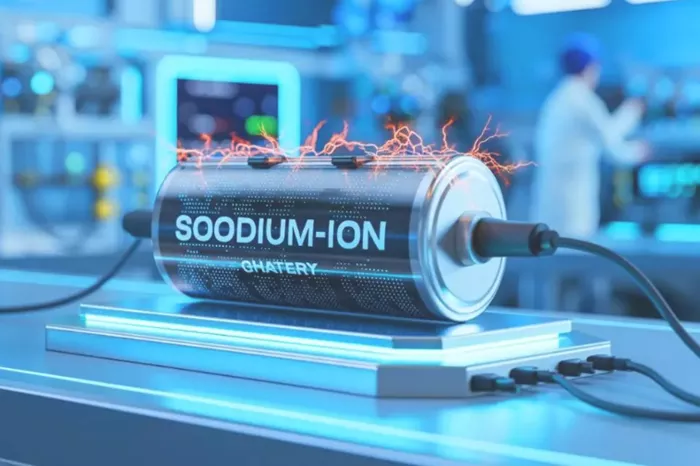In a breakthrough poised to reshape the global energy landscape, scientists in India have unveiled a next-generation sodium-ion battery that delivers faster charging times, longer lifespan, and significantly lower costs compared to conventional lithium-ion technology.
As the world accelerates its transition to clean energy, the limitations of lithium-ion batteries—high costs, reliance on scarce materials like lithium and cobalt, and environmental impact—have spurred the search for viable alternatives. India’s new sodium-ion solution could be the game-changing innovation the energy sector has been waiting for.
Unlike lithium, sodium is abundantly available and evenly distributed around the globe, offering a more equitable and sustainable resource for large-scale energy storage. This new battery technology is not only cheaper to produce, but also safer, with a lower risk of overheating or combustion.
Early prototypes suggest rapid charging capabilities that could revolutionize applications from electric vehicles (EVs) to grid-scale renewable energy storage. If scaled successfully, sodium-ion batteries could reduce dependency on rare earth materials, bring down the cost of EVs, and expand access to sustainable energy in emerging economies.
This development reflects India’s growing leadership in energy innovation and positions the country at the forefront of next-generation battery research.
“This innovation marks a pivotal step toward energy security and sustainability,” said a lead researcher involved in the project. “Sodium-ion technology opens the door to a cleaner, more affordable energy future.”
With global energy demand projected to soar in the coming decades, the emergence of sodium-ion batteries may provide the breakthrough needed to democratize energy access and accelerate the world’s transition to a low-carbon economy.
Related topics:
- Alexandria City Council Bans Gas-Powered Leaf Blowers, First in Virginia
- Middle East Fasteners Market Set for Steady Growth Through 2035
- Tata Launches First 10 MegaChargers to Power India’s EV Highway Network

